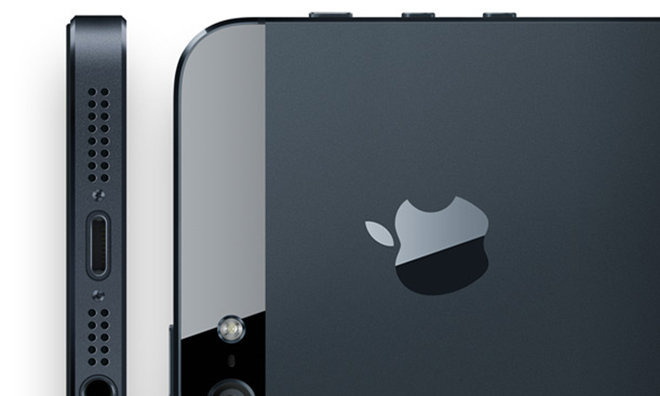Apple wins motion to transfer second Core Wireless patent lawsuit to California
After winning a patent infringement case leveled by Core Wireless Licensing earlier this year, Apple is once again being sued by the non-practicing entity over certain wireless communications IP. In what could be an important victory, however, the Cupertino, Calif., company was recently granted a motion to transfer proceedings to its home state.
A Conversant subsidiary, Core Wireless first set its litigious eye on Apple in 2012 with a $100 million lawsuit alleging infringement of multiple wireless technology patents. Despite unsuccessful attempts to transfer the ensuing trial from the plaintiff-friendly District Court for the Eastern District of Texas, Apple won a favorable jury decision in March.
Core followed up with second and third lawsuits in the same jurisdiction shortly after mediation in the first lawsuit failed last September, this time claiming Apple infringed upon standards-essential wireless patents with its iPhone and iPad product lineups. The firm further alleges Apple is in breach of contract for refusing to negotiate fair, reasonable and non-discriminatory (FRAND) rates and ignoring overtures to license IP from Core's portfolio. Further, the suit asserts similar breach of contract claims related to Apple's membership in the European Telecommunications Standards Institute.
As with the first court case, Core is asserting IP from its stash of more than 2,000 patents purchased from Nokia, some 1,200 of which were declared essential to GSM/GPRS, UMTS, and LTE standards. Apple previously licensed a batch of related Nokia patents, but did not do the same for those leveraged in Core's suit.
Unlike the first action, Apple won a motion to transfer case venues, successfully arguing that the Northern District of California is a more convenient forum than Texas. As noted by Magistrate Judge John D. Love, a patent case's venue is considered proper in "the judicial district where the defendant resides, or where the defendant has committed acts of infringement and has a regular and established place of business." In his ruling, Judge Love said Apple met a burden of proving several legal factors weighing in favor of a transfer.
Apple said that since the suit's alleged infringing devices were developed in California, that state is where evidentiary proof, expert witnesses and local interest lies. Further, it named specific willing witnesses able to testify in California, while Core was only able to provide a list of three from the firm's base of operations in Texas. Core Wireless Licensing is based out of Luxembourg but runs an office in Texas to support its U.S. legal efforts.
California Judge Paul S. Grewal is currently presiding over the remanded case. A case management statement deadline has been set for Jan. 26, 2016, with a conference to convene a few days later on Feb. 2.
 Mikey Campbell
Mikey Campbell











 Malcolm Owen
Malcolm Owen
 William Gallagher and Mike Wuerthele
William Gallagher and Mike Wuerthele
 Christine McKee
Christine McKee
 William Gallagher
William Gallagher

 Marko Zivkovic
Marko Zivkovic









